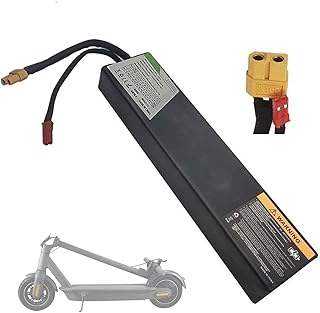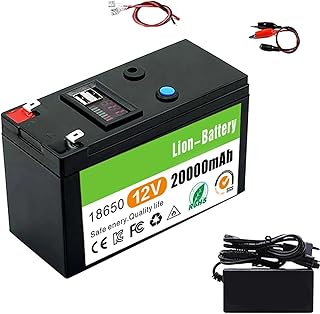Victoria’s energy regulator is taking a firm stance on e-bike batteries to address safety concerns, proposing rigorous controls that mandate testing and certification before sale. Energy Safe Victoria aims to classify e-transport devices with lithium-ion batteries as “controlled electrical equipment” under the Electricity Safety Act, emphasizing compliance with safety standards to mitigate risks associated with poorly made devices.
The absence of pre-market testing and verification for e-transport devices in Victoria has raised alarms, prompting the regulator to seek input from various stakeholders through a consultation process. Energy Safe Victoria’s initiative mirrors a similar move by New South Wales, where lithium-ion battery-related fires, particularly involving e-bikes, have been a significant concern.
Instances of e-bike fires have predominantly involved substandard or damaged products, with battery thermal runaway being a common cause. The push for reintroducing a standard for e-bikes at both federal and state levels has been ongoing, with the aim of harmonizing regulations and ensuring consumer safety.
While the call for stringent battery testing standards aligns with safety objectives, it may inadvertently impact international supply chains within the bike industry. Australian regulations could potentially compel leading brands to reconsider their market presence in the country, highlighting the complexities of balancing safety measures with industry dynamics.
Engaging in public consultations allows stakeholders, including riders and industry players, to voice their perspectives on the need for clear and consistent regulations that foster safety and support the growth of e-mobility as a viable transport alternative.
One of the key concerns driving the regulatory scrutiny is the risk of battery fires, particularly in e-bikes, which have implications for both consumer safety and industry reputation. The move towards establishing robust safety standards underscores the evolving landscape of e-mobility and the imperative to address potential hazards associated with battery technology.
As regulators grapple with ensuring the safety of e-bike batteries, the broader implications on market dynamics and international trade underscore the complexity of balancing safety imperatives with industry competitiveness. The consultation process offers a platform for diverse stakeholders to contribute to shaping regulations that strike a balance between safety, innovation, and market accessibility.
The ongoing dialogue around e-bike battery safety underscores the need for proactive measures to address potential risks and ensure consumer confidence in adopting e-mobility solutions. By engaging stakeholders and fostering collaboration, regulators can navigate the evolving landscape of e-bike technology to promote safety and sustainability in the burgeoning e-transport sector.
Ultimately, the regulatory efforts to enhance e-bike battery safety reflect a broader commitment to advancing sustainable transport solutions while safeguarding consumer interests. By fostering a culture of compliance and accountability, regulators can pave the way for a resilient and responsible e-mobility ecosystem that prioritizes safety and innovation.
📰 Related Articles
- Rising Concerns Over E-Bike Battery Safety Measures Unveiled
- NSW Inquiry Proposes E-Bike and E-Scooter Safety Reforms
- E-bike Recalls in Australia Highlight Battery Safety Importance
- Virgin Australia’s Strict Dangerous Goods Policy Ensures Passenger Safety
- Victoria Police Crackdown on Dangerous E-Bike Behavior






